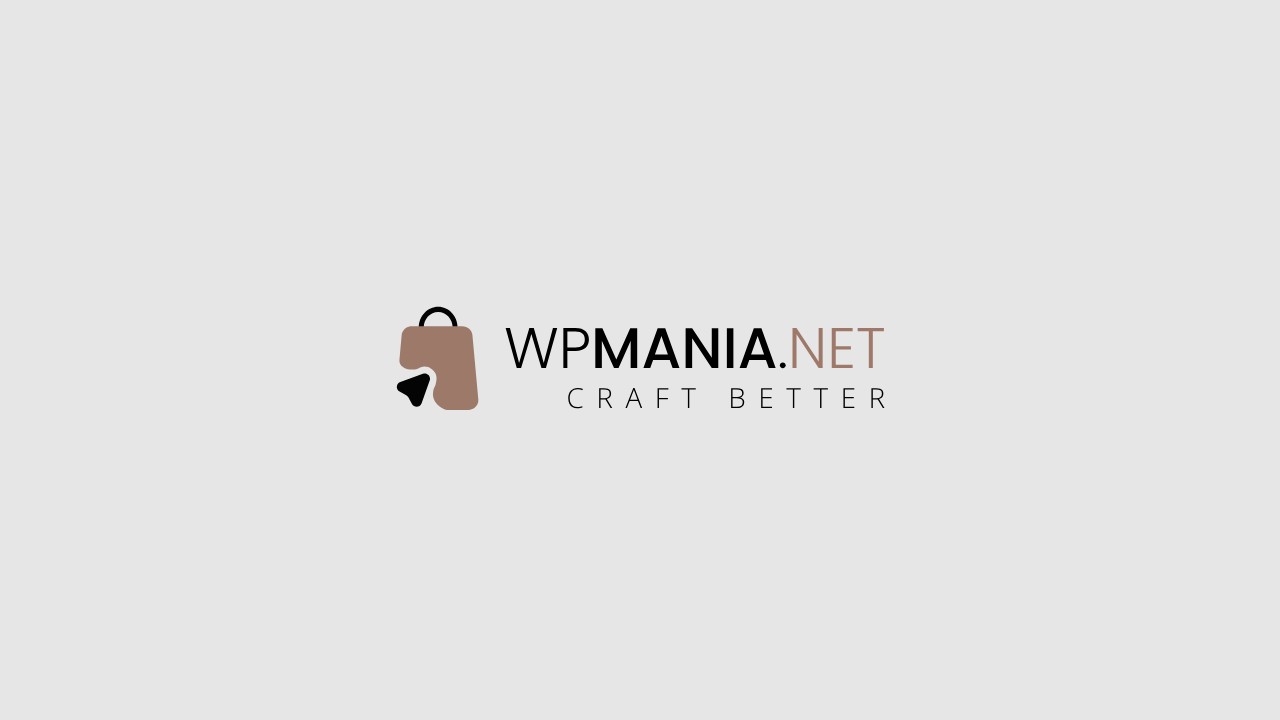When embarking on a WordPress web design and development project, one of the most critical decisions you’ll make is selecting the right theme framework. Your choice will determine the foundation of your website, influencing everything from its design to its performance. In this comprehensive guide, we will delve into the world of WordPress theme frameworks, empowering you to make an informed decision that aligns perfectly with your project’s unique needs and aspirations.
Understanding the Significance of WordPress Theme Frameworks
- Defining Theme FrameworksWordPress theme frameworks serve as the scaffolding for your website. Unlike regular themes, they offer a structured, feature-rich starting point for your design and development endeavors. They are like a blank canvas waiting for your creative vision to transform them into a masterpiece.
- Advantages of Using FrameworksWhy should you consider using a theme framework? Let’s explore some of the compelling advantages:
- Efficiency and Time Savings: Frameworks provide a head start, reducing development time and effort significantly.
- Code Quality: They often feature clean and optimized code, contributing to better website performance.
- Customization: Frameworks offer extensive customization options, making it easier to craft unique, tailored websites.
- SEO Friendliness: Many frameworks are designed with search engine optimization (SEO) in mind, helping your site rank better on search engine results pages (SERPs).
Comparing Prominent WordPress Theme Frameworks
Now, let’s take a closer look at some of the most prominent WordPress theme frameworks available:
- Genesis Framework
- Overview: Genesis is renowned for its clean codebase, SEO-friendliness, and performance optimization features.
- Child Themes: It boasts a vast library of child themes catering to various industries and design preferences.
- Divi Framework
- Overview: Divi is celebrated for its user-friendly drag-and-drop builder, making it accessible to both beginners and seasoned developers.
- Design Flexibility: With Divi, the possibilities are virtually endless, thanks to its extensive design options.
- Thesis Framework
- Overview: Thesis places a strong emphasis on SEO optimization and offers advanced customization features.
- Developer Community: It boasts a robust developer community, providing valuable resources for crafting unique websites.
- Starter Themes (Underscores, Sage, and Beans)
- Overview: Starter themes like Underscores, Sage, and Beans are minimalistic and developer-centric, providing a blank canvas for creating custom WordPress themes from the ground up.
- Freedom to Create: They offer unparalleled freedom for developers to build sites precisely to their specifications.
Crucial Considerations in Choosing a WordPress Theme Framework
In your quest to find the perfect WordPress theme framework, keep these crucial considerations in mind:
- Project Requirements
- Your project’s unique requirements should dictate your framework choice. Consider whether you need e-commerce functionality, a content-driven site, or something else entirely.
- Development Expertise
- Your familiarity with web development plays a pivotal role. Novices may find user-friendly frameworks like Divi more approachable, while experienced developers might prefer code-oriented options like Genesis.
- Design Flexibility
- Evaluate each framework’s design capabilities. Some, like Divi, offer extensive design flexibility, while others may have more specific design paradigms.
- Performance and Speed
- Website speed is a critical factor in user experience and SEO rankings. Examine each framework’s performance optimization features and adherence to coding standards.
Making the Right Choice
Here’s how you can make an informed decision:
- Research and Evaluation
- Dive deep into research and evaluation. Read user reviews, explore case studies, and seek real-world examples to gain valuable insights into each framework’s performance.
- Trial Periods and Demos
- Take advantage of any trial periods or demos offered by framework providers. Hands-on experience can be invaluable in your decision-making process.
- Scalability and Future-Proofing
- Consider your project’s long-term growth and evolving needs. Choose a framework that can adapt and scale with your ambitions.
In conclusion, the importance of selecting the right WordPress theme framework cannot be overstated. It is the cornerstone upon which your website’s success is built. By aligning your choice with project goals, development expertise, and design preferences, you can set yourself up for a smooth and efficient web development journey. Your framework isn’t just a choice; it’s a commitment to the future and credibility of your website.


